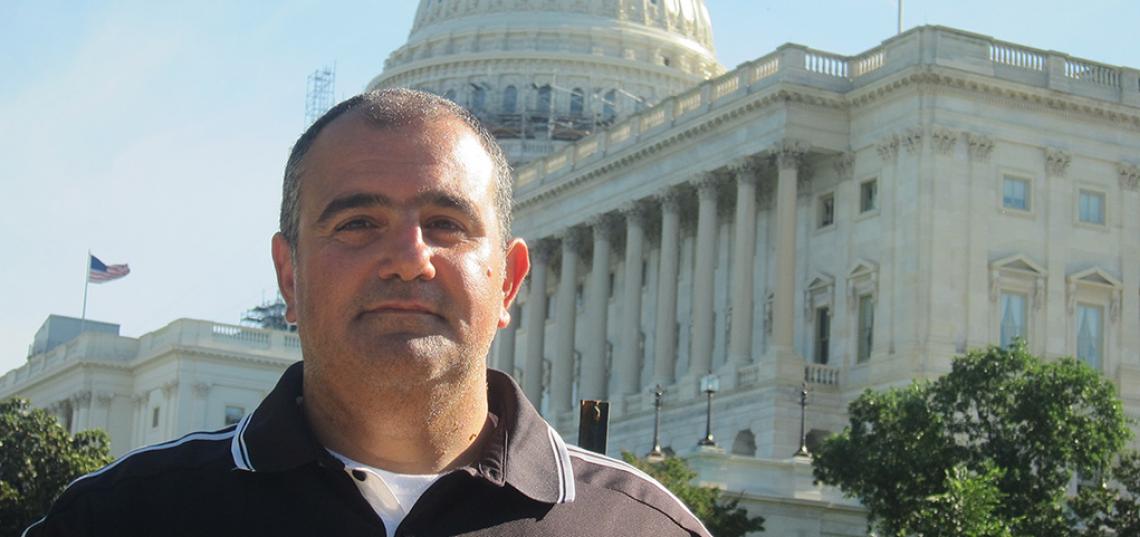
Posted June 20, 2018, in Opioids, Rutgers-Eagleton Poll.
See PDF below or download here.
NEW BRUNSWICK, N.J. – Nearly half of New Jerseyans (46 percent) say they or a family member have been prescribed opioids by a medical professional in the last 12 months, according to the latest Rutgers-Eagleton Poll as part of the “Opioids in the Garden State” series.
Among those residents who say they or a family member received a prescription, about a third say the main reason for the prescription was surgery (34 percent) and a quarter for chronic pain (26 percent). Fewer state a reason related to a dental procedure (17 percent), injury (10 percent), out-patient procedure (9 percent) or something else (4 percent).
But while nearly all of those prescribed say that their medical provider discussed the reason why the prescription was necessary for either them or their family member (86 percent), far fewer recall the doctor or dentist explaining the dangers of taking opioid drugs with alcohol and anti-depressants (62 percent), the risks of addiction and overdose associated with opioid drugs (54 percent), or alternative treatments available (47 percent).
Eight in 10 say they or their family member filled the prescription in the past year; the same number say that they or a family member took the pain medication as directed by their physician.
“Our findings suggest that despite new state mandates that require doctors to discuss with patients the potential risks of addiction, potentially dangerous drug interactions and alternative treatments when prescribing opioid medicine, such conversations are not taking place as frequently as they should,” said Itzhak Yanovitzky, associate professor at Rutgers University’s School of Communication and Information (SC&I) and the co-lead of the study. “We must do a better job educating both doctors and patients about the importance of having these conversations and what exactly should be discussed.”
“Differences emerge by some key demographic factors like gender and race in terms of who has had these types of conversations with their doctor,” said Ashley Koning, assistant research professor and director of the Eagleton Center for Public Interest Polling (ECPIP) at Rutgers University-New Brunswick. “Nevertheless, at least a third of almost every subgroup do not recall ever having a conversation about alternatives and risks, while about a quarter say the same about having a conversation regarding the dangers of taking prescription medication with alcohol and anti-depressants.”
Results are from a statewide poll of 704 adults contacted by live callers on both landlines and cell phones from April 26 to May 4, 2018. The sample has a margin of error of +/-4.3 percentage points. Interviews were done in English and, when requested, Spanish.
Release available at: http://eagletonpoll.rutgers.edu/opioids-June2018. Find all releases at http://eagletonpoll.rutgers.edu. Follow the Rutgers-Eagleton Poll on Facebook https://www.facebook.com/RutgersEagletonPoll and Twitter @EagletonPoll.
Click here for more information about SC&I's Communication Department.
To see additional stories about faculty research at SC&I, click here.
